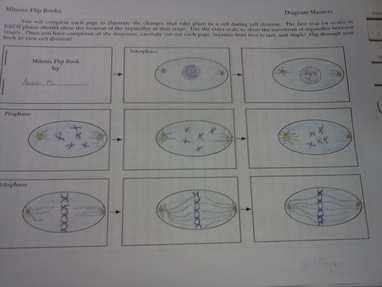

Mitosis is important for sexual reproduction indirectly. It allows the multicellular organism to maintain its tissues, skin cells, and blood is an example. It helps the cell to maintain proper size. It is responsible for the growth and development of multicellular organisms. It helps in maintaining the same number of chromosomes in daughter cells after division.

The metaphase checkpoint that it is ready to divide is an important checkpoint in the middle of mitosis, during which the cell is being ensured. The third phase of mitosis is known as metaphase, which is the process that separates duplicated genetic material carried in the nucleus of a parent cell into two identical daughter cells. Carrying genetic information, aligned in the equator of the cell before being separated into each of the two daughter cells is being done with these chromosomes. In a carefully organised series of steps, they split up their duplicated chromosomes.Ī stage of mitosis in the eukaryotic cell cycle in which chromosomes are at their second-most condensed and coiled stage is known as metaphase. So, they don’t divide their DNA at random when cell mitosis undergoes, and toss it into piles for the two daughter cells. The cells usually don't function well with too few or too many chromosomes, and for this, they may not survive, or they may even cause cancer. Mitotic divisions are a form of reproduction for single-celled eukaryotes like yeast, adding a new individual to the population.Įach daughter cell gets a perfect, full set of chromosomes in all of these cases to make sure, that is the goal of mitosis.

Mitosis populates an organism’s body with cells during the development and growth and throughout an organism’s life, it replaces old, worn-out cells with new ones. In our body mitosis involves which the great majority of the cell divisions happens. Mitosis is the part of the division process in the context of the cell cycle, in which the DNA of the cell's nucleus is split into two equal sets of chromosomes.

It is a type of cell division in which the mother cell divides to produce two new cells (the daughters) that are genetically identical to itself.


 0 kommentar(er)
0 kommentar(er)
